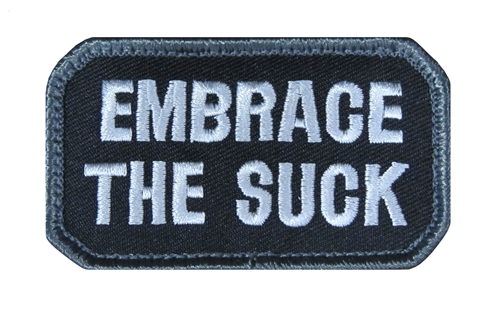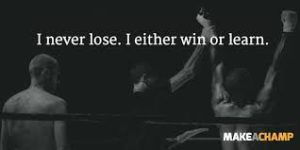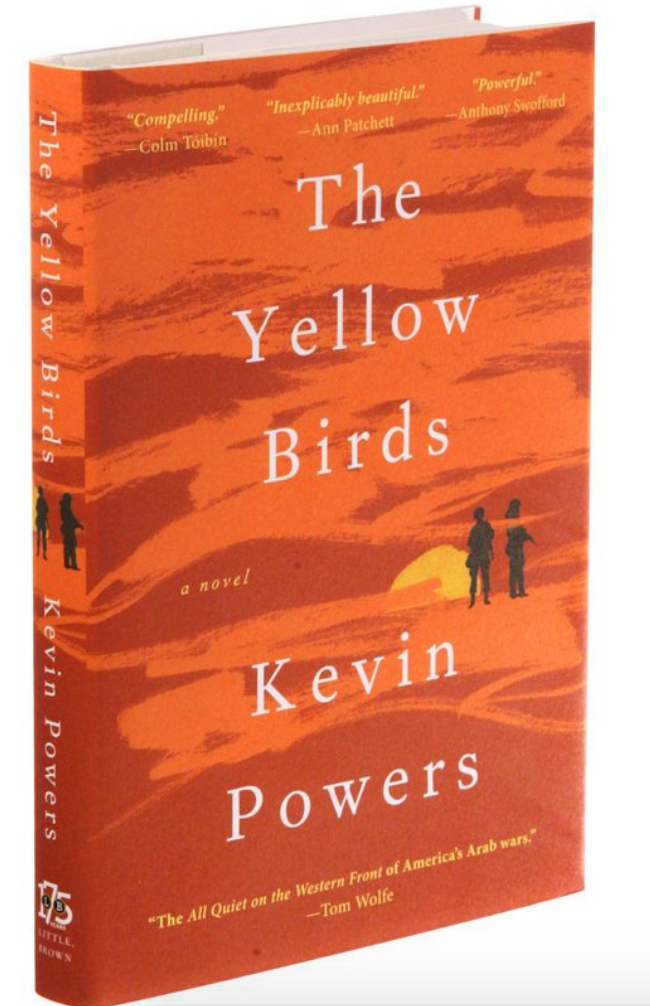I just finished reading, The Yellow Birds by Kevin Powers. My first thought – wow – what descriptions of place. And by place I mean in Virginia, Al Tafar, Iraq, Fort Dix, New Jersey and Kaiserslautern, Germany. He describes these places and can see his characters there. He describes the birds, the Tigris River, the incessant burning of cars and buildings, the people of Iraq, the soldiers. I can’t stop thinking about the story.
I finished the book in just a few days, reading every second I could.
Powers personifies war throughout the book; the war’s purpose “to go on, only to go on”.
The narrator, Bartle says that everything that mattered happened after September, a forewarning to pay attention to the September 2004 chapter.
It’s interesting to look back at my notes while reading and how I noted that Bartle says a few times how vacant Murph’s eyes are becoming while stationed in Iraq. They are shadows, empty holes; which foreshadows his story, but I didn’t know it at the time.
The war drags on and Bartle says,
“We only pay attention to rare things and death was not rare.”
He comments on the birds and the flowers.
What I liked most about the book is how reflective the narrator, Bartle is throughout the story. While in a church in Germany, AWOL, he reads a pamphlet that describes 1,000 years of history about the church on three pages and he realizes that the written word is dynamic and history is never clear:
“there was a sharp distinction between what was remembered, what was told, and what was true.” (60)
And later, at the end of the book, reflecting on the map of Al Tafar he keeps pinned to the wall in his cabin in Virginia, he knows how the borders of this place will change after years of war and fighting for control, he says,
“It reminded me of talking, how what is said is never quite what was thought and what is heard is never quite what was said. It wasn’t much in the way of comfort, but everything has a little failure in it, and we still make do some how”. (225)
The Yellow Birds reminds me that even the smallest, snap decision can have wide reaching ramifications. And, given the situation, the environment at wartime, no one can judge.
I think about the solder, John Musgrave who said in Ken Burns’ documentary The Vietnam War, how he hated when people said thank you for your service. I wonder if solders who have suffered so much from being in Iraq feel the same way.
The solders don’t want to remember the human suffering, the death. There is a lot of death and suffering in The Yellow Birds.
Bartle says at the end of the book, after several years being home and the memory of what happened in Iraq and to Murph begins to fade,
“So I’m ordinary except for a few peculiarities that I will probably always carry with me.” (224)
I don’t want to give away any spoilers because I think everyone should read this book. This is what happens in war. It affects people, forever.






